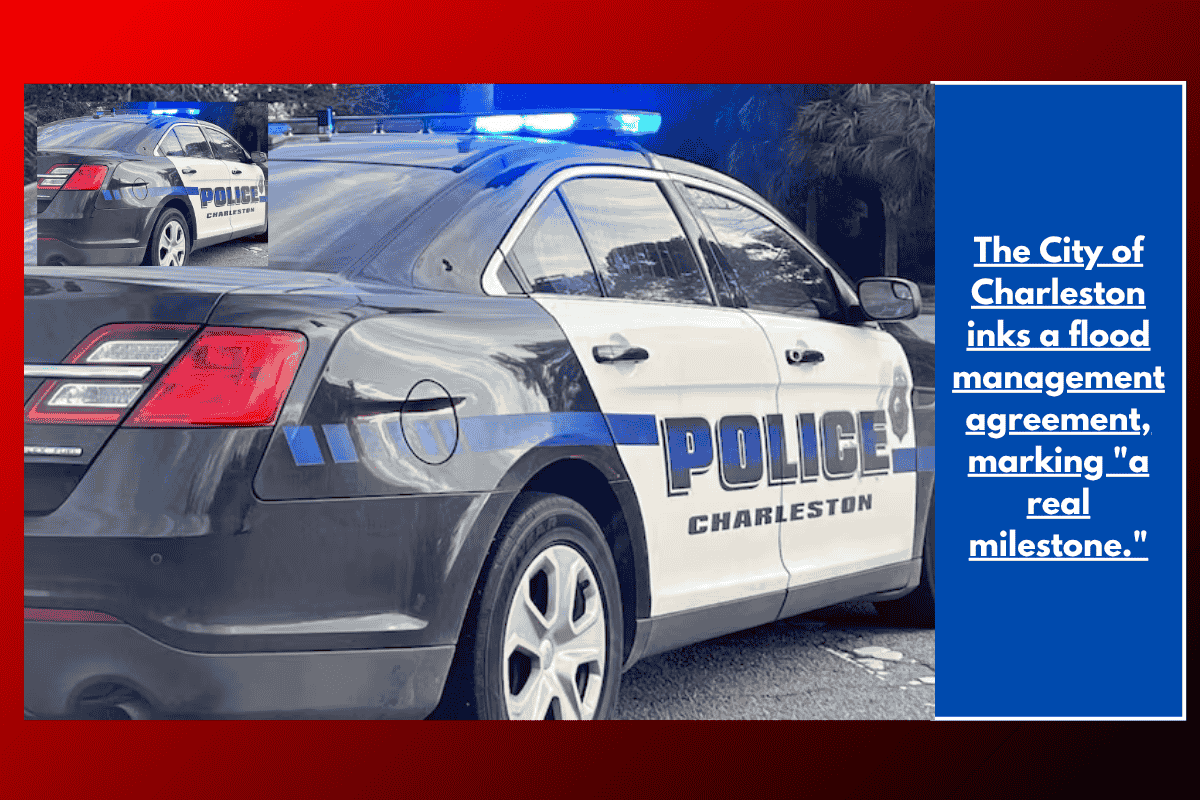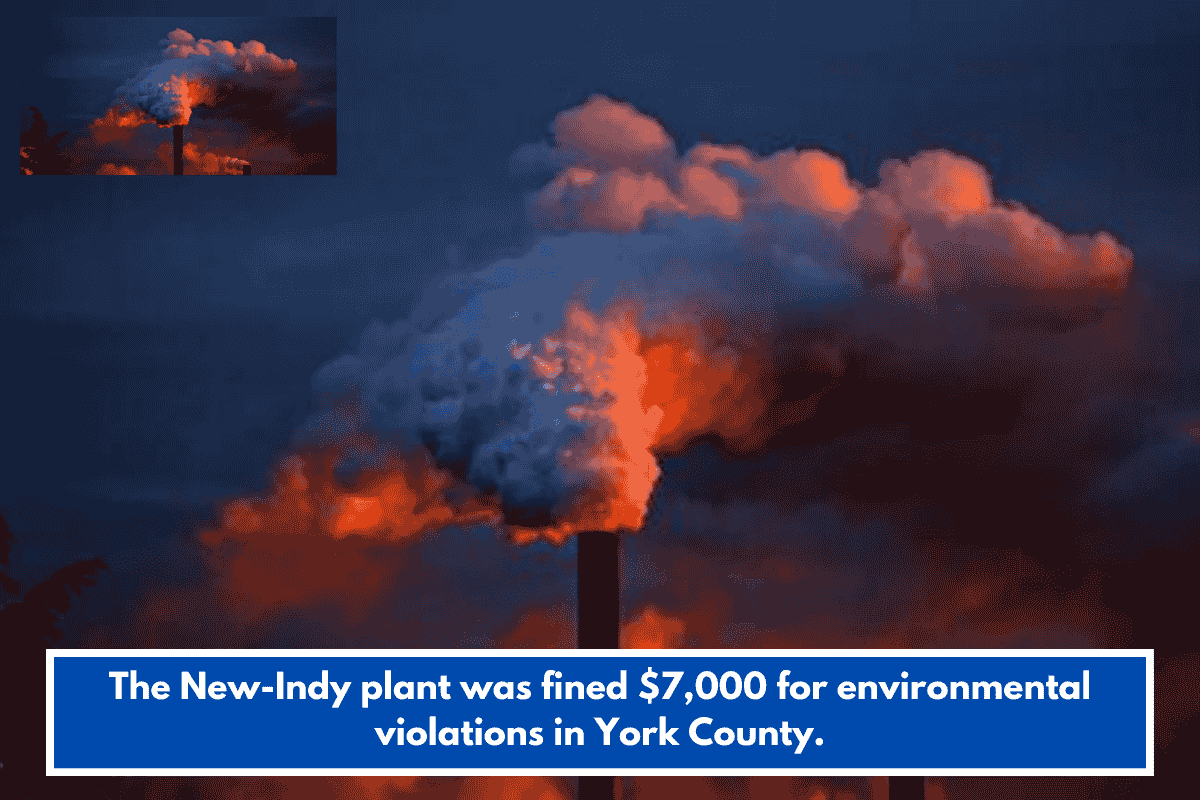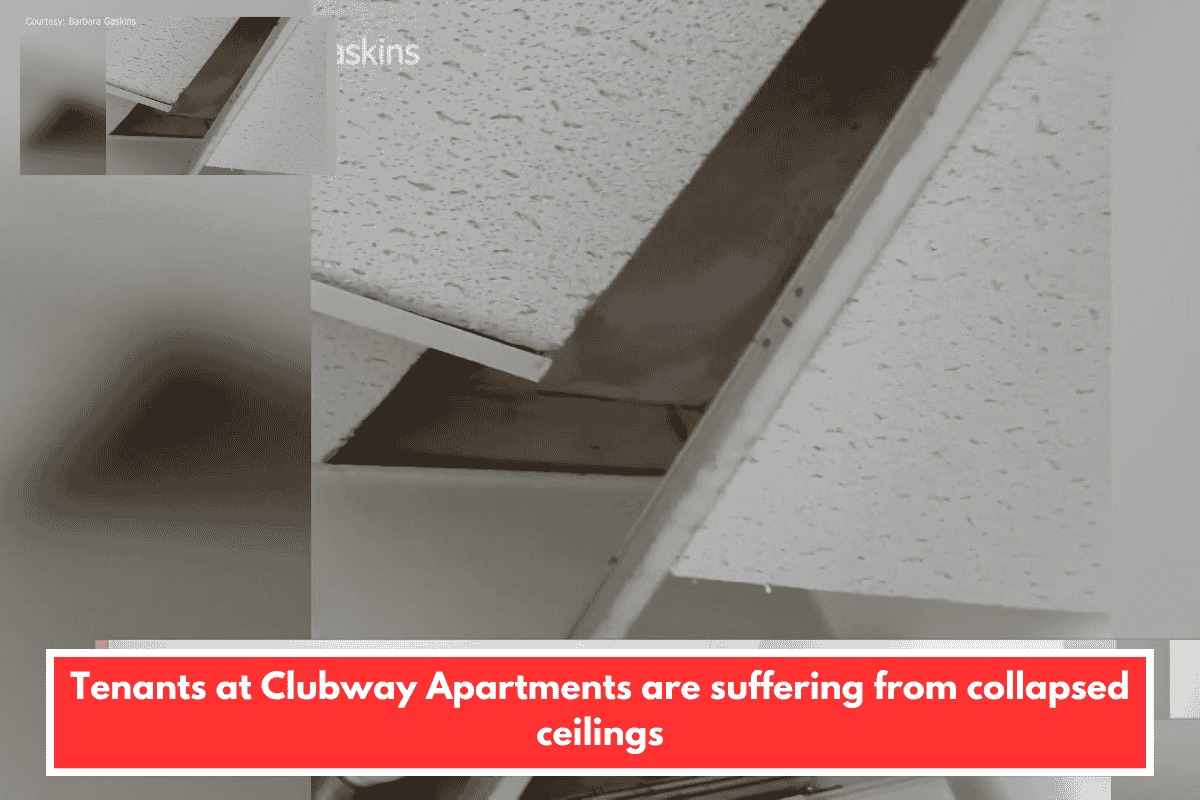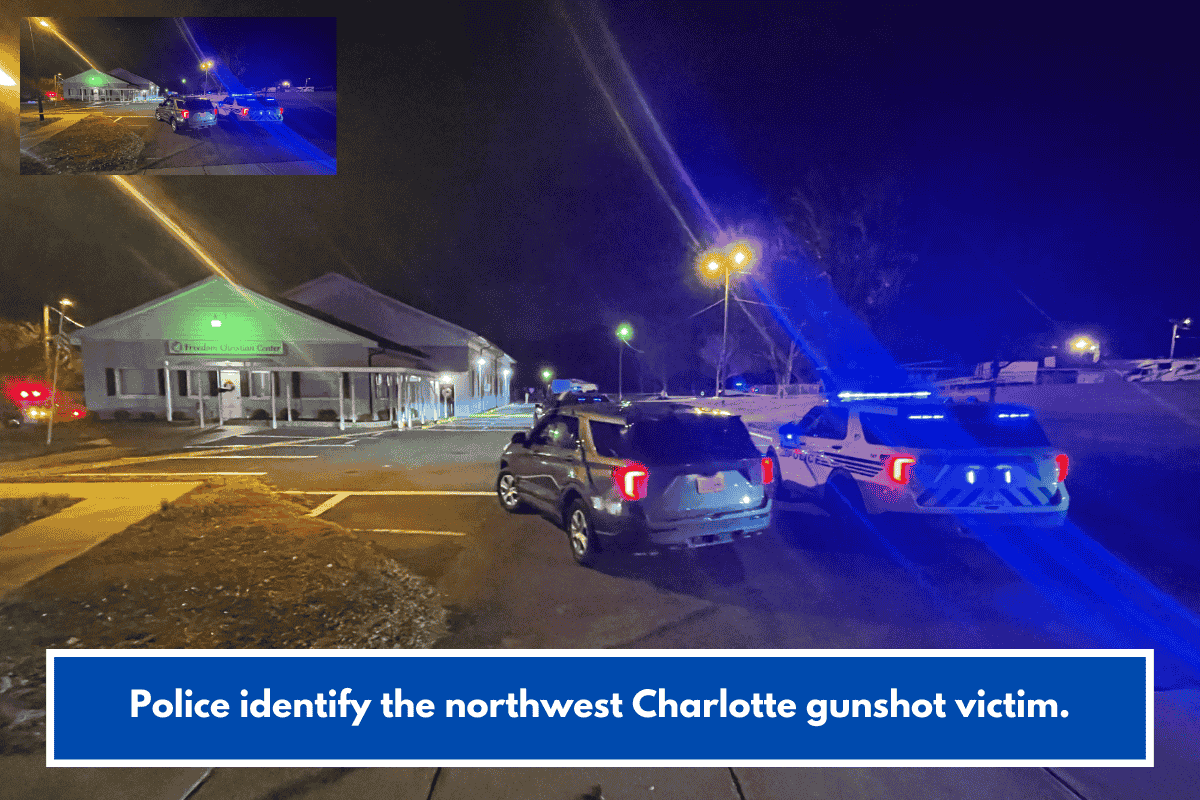CHARLESTON, S.C. – A major milestone in Charleston’s flood management efforts was reached Friday as Mayor William Cogswell signed an agreement to begin two key initiatives aimed at addressing the city’s flooding issues. The partnership with the United States Army Corps of Engineers Charleston District marks the beginning of a comprehensive flood mitigation project that has been in the works for years.
Historic Tunnel Restoration for Stormwater Drainage
The first initiative focuses on restoring the city’s historic underground brick tunnels, which have been part of Charleston’s stormwater drainage system for over 100 years. These arched tunnels run beneath the entire peninsula and play a critical role in managing rainwater. The U.S. Army Corps of Engineers will perform maintenance on the tunnels, including brick repairs, debris removal, and additional coverage to ensure the system continues functioning properly.
Mayor Cogswell highlighted the importance of the project, saying, “It should make a pretty significant difference in terms of storm water when we have bad rain storms, flooding events, things like that. So I think it’s going to have a real impact on people’s day-to-day life.”
Addressing Flooding in High-Risk West Ashley Neighborhoods
The second part of the initiative addresses flooding in high-risk West Ashley neighborhoods. The project will involve creating the Dupont-Wappoo watershed master plan to further prevent flooding and improve the city’s drainage capabilities in areas prone to water overflow.
Acting Commander of the Corps of Engineers Charleston District, Pat Ripton, explained the importance of the work, stating, “Doing maintenance on the brick arches will help bring the water out into the rivers and the harbor, so the system can continue to function for many years after this.”
Long-Term Commitment to Charleston’s Resilience
Both Cogswell and Ripton expressed their excitement over the long-awaited project, emphasizing that this is just one phase of a larger commitment to managing Charleston’s vulnerability to flooding. “We’ve been here for 300 years. I think we’ll be here for 300 more,” Cogswell said, highlighting the city’s resilience in the face of natural challenges. “Mother nature is a pretty formidable force, and so we need to make sure that we respect her, and we address these issues as they come.”
The project is set to be completed by the fall of 2027, with the work expected to significantly improve Charleston’s ability to handle stormwater and reduce flooding in vulnerable areas.














